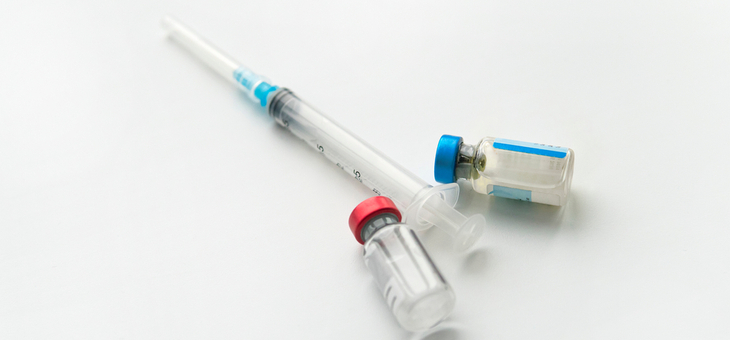We’re learning more about COVID-19 symptoms and effects on an almost daily basis.
Sore throats, runny noses, fever and general malaise are the more obvious and widely reported SARS-CoV-2 symptoms.
We’re still learning a lot about the long-term effects.
“Although most people with COVID-19 get better within weeks of illness, some people experience post-COVID conditions,” says the Centers for Disease Control and Prevention.
“Post-COVID conditions are a wide range of new, returning or ongoing health problems people can experience more than four weeks after first being infected with the virus that causes COVID-19.
“Even people who did not have symptoms when they were infected can have post-COVID conditions. These conditions can have different types and combinations of health problems for different lengths of time.”
So far, conditions such as fatigue, shortness of breath, joint pain, chest pain, memory and cognitive problems, depression and anxiety, and muscle pain and headaches, among others, are the most commonly reported after-effects.
Read more: Study shows more symptoms long after COVID patients ‘recover’
According to Healthy Male Australia, as the pandemic has progressed, the numbers show men are more likely to die from COVID-19 than women, even though infection rates are similar between the sexes.
Why?
“The real problem is men are dying in far greater numbers than women, and men are more severely affected by coronavirus,” says the director of the Freemasons Foundation Centre for Men’s Health, Professor Gary Wittert.
Could testosterone – the male sex hormone – be to blame for men’s higher rates of severe illness and death from COVID-19?
“The problem with testosterone is it is used as a catch-all and a blame-all,” says Prof. Wittert.
“Testosterone is not the problem. If anything, there is a lack of testosterone in some of the COVID infected men caused by chronic disease, such as diabetes, high blood pressure and obesity, as well as testosterone levels declining in men as they age – that’s the problem.”
Prof. Wittert says more research is required to address these questions.
Researchers at the University of Texas Medical Branch have done just that and have found another side-effect that may have important implications for men’s health.
They have observed that SARS-CoV-2, the virus that causes COVID-19, can infect the testes.
The findings, published in the journal Microorganisms, could help explain why some men with COVID-19 have reported testicular pain and why some reports have detected decreases in testosterone, a key hormone produced in the testes.
Read more: How to … naturally boost testosterone
Autopsies have also shown significant disruption of the testes at the cellular level, including the presence of immune cells.
“Given the magnitude of the COVID-19 pandemic, it is critical to investigate how this disease can impact the testes, and the potential consequences for disease severity, reproductive health and sexual transmission,” said Dr Rafael Kroon Campos, the study’s lead author and postdoctoral fellow in the laboratory of Dr Shannan Rossi at UTMB.
It should be noted that these studies have been conducted on hamsters, which are used to model COVID-19 infection in humans, since they develop similar signs of disease.
Still, the researchers say this may represent what could occur in men with mild to moderate COVID-19.
“These findings are the first step in understanding how COVID-19 impacts the male genital tract and, potentially, men’s reproductive health,” said Dr Rossi, an associate professor in the departments of pathology, and microbiology and immunology.
“We have much more to do before we have the full picture. Moving forward, we will investigate ways to blunt this impact, including using antivirals, antibody therapies and vaccines.”
Healthy Male medical director Robert McLachlan says there is no suggestion that the coronavirus directly effects the male reproductive system, per se.
“It’s a respiratory virus, from the same virus family as the common cold [although its effects are more severe] – there’s no theoretical reason or evidence for it getting into or damaging the male reproductive tract.”
Read more: Do you know the difference between men’s health myth and reality?
Prof. McLachlan may not be aware of the University of Texas research, but he claims there is a simple reason the virus may affect male fertility in the short term.
“If you are sick or feverish due to anything, from the flu, pneumonia or COVID-19, a temporary reduction in sperm count is likely,” he says.
He maintains that although male fertility may decline for several months after a fever, it will recover. And if men are concerned about their fertility, they should speak to their doctor.
“The decline is temporary and there is no need for men to worry about having their sperm frozen. Their sperm count will jump back up,” he says.
Are you aware or intimate with these side-effects? How much stock do you put into ‘hamster’ studies? Why not share your thoughts in the comments section below?
If you enjoy our content, don’t keep it to yourself. Share our free eNews with your friends and encourage them to sign up.

